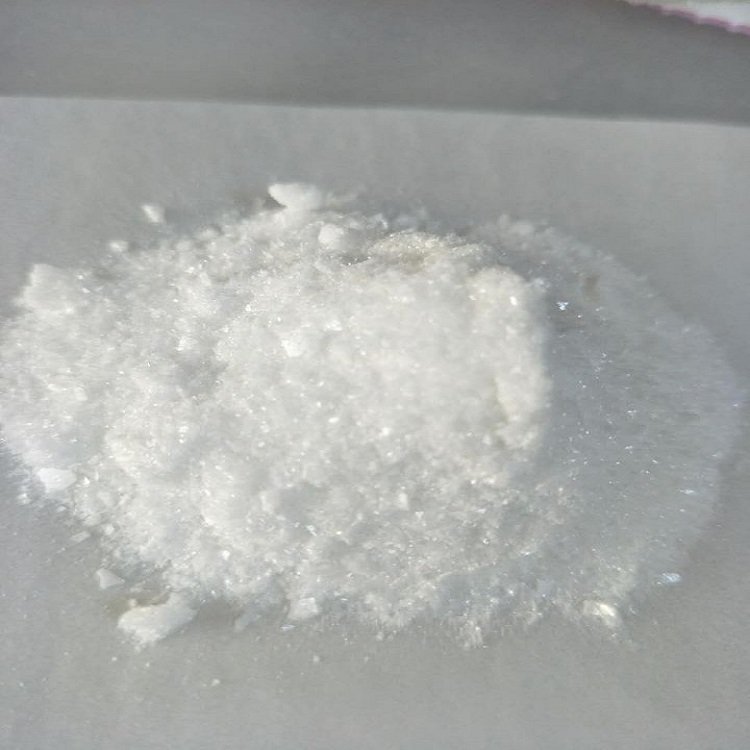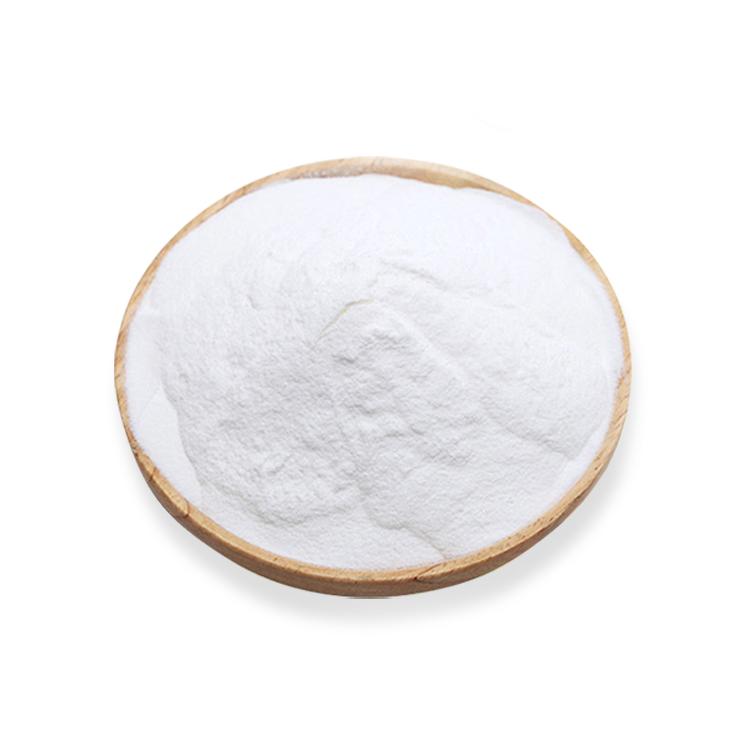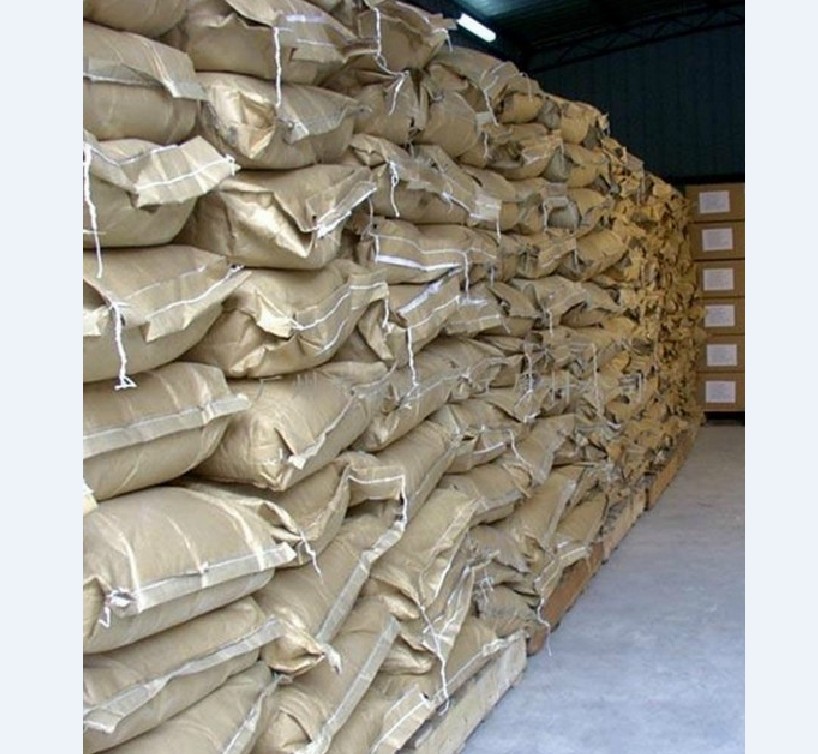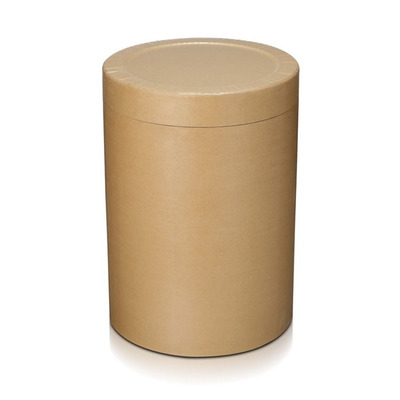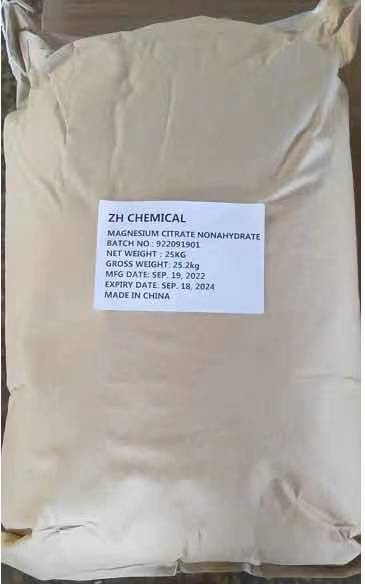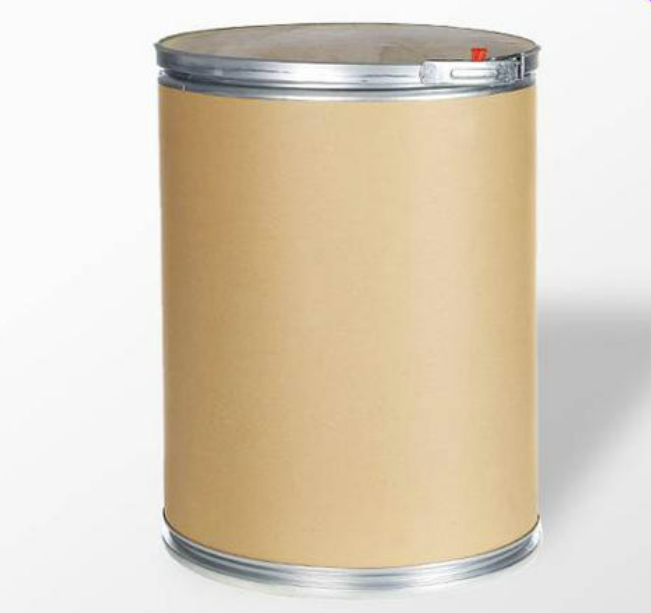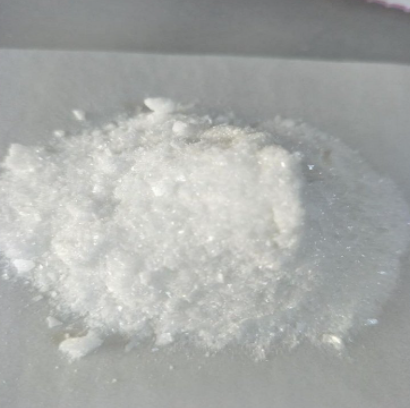Feed Additive
Additives For Food Packaging
Colorant
Stabilizer and Coagulator
Water Retention Agent
Feed Deworming Health Agents
Anti Corrosion and Preservation
Color Fixative
Flour Treatment Agent
Defoamer
Coating Agent
Feed Vitamins
Emulsifier
Other Food Additives
Nutritional Fortifier
Thickening Agent
Feed Quality Enhancer
Antioxidants
Chewing Gum Bases
Bulking Agent
Feed Amino Acids and Small Peptides
Flavor Enhancer
Sweeteners
Additives For Feed Preservation
Other Feed Additives
Food Additive
Bleaching Agents
Anticaking Agent
Food Flavors and Fragrances
Enzyme Preparation
Feed Trace Elements
Acidity Regulators
Feed Growth Promoters
Feed Conditioner
CAS:302-72-7
Molecular Formula:C3H7NO2
Alias
More Information
Dl-2-Aminopropanoic Acid; Dl-2-Aminopropionic Acid; 2-Aminopropionic Acid; 2-Amino-Propanoic Acid; H-Dl-Ala-Oh; (±)-2-Aminopropionic Acid; Alanine,Dl
Brief Introduction
The product has a special sweet taste, sweeter than sugar, 1.6 times of glycine, is the sweetest amino acid. Alanine is a nonessential amino acid for human body, but it can produce reversible transformation with pyruvate, which is related to glucose metabolism and is a very important substance in physiological process. Mainly used as food additives, can be used alone, can also be made with sodium glutamate compound seasoning, its biggest sales is sweet compound seasoning. It is mainly used as an additive for pickles and sweet pickles. In addition, it is also used as an additive for vinegar, soy sauce and fruit juice, with a general dosage of 0.1% - 0.5%. Its main function is to improve the flavor and taste of food, maintain the primary color, and also provide sweet source. DL alanine is also used as a pharmaceutical intermediate.
Suppliers
View More Vendors (2) >
CAS:3211-76-5
Molecular Formula:C5H11NO2Se
Alias
More Information
(S)-2-Amino-4-(Methylselanyl)Butanoic Acid; L-Selenomethioninum; (S)-2-Amino-4-(Methylseleno)Butyric Acid; Selenium-L-Methionine; Seleno-L-Methionine; Se-Methionine; (2S)-2-Amino-4-Methylselanylbutanoic Acid; Semet; L(+)-Selenomethionine; L-(+)-Selenomethionine; (S)-(+)-2-Amino-4-(Methylseleno)Butanoic Acid; Selenomethionine, L-(+)-; L-(+)-2-Amino-4-(Methylseleno)Butanoic Acid
Brief Introduction
It can be used for protein structure analysis. Use this product to feed bacteria, so that the specific position in the final protein will be replaced by selenium, which is convenient for structural determination
Suppliers
View More Vendors (2) >
CAS:330-95-0
Molecular Formula:C19H18N6O6
Alias
More Information
Nirazin; Nicarbazine; Nicrazin; Nicarbazin; Nicarb; Nicrazine; Nicoxin; Nicarbasin; N,N'-Bis(4-Nitrophenyl)Urea Compound With 4,6-Dimethyl-2-Pyrimidinone; Mk 75; 1,3-Bis(4-Nitrophenyl)Urea-4,6-Dimethylpyrimidin-2-Ol (1
Brief Introduction
This product has a good preventive effect on chicken cecal coccidia, Eimeria cumulus, Eimeria gigantica, Eimeria poisoning and Eimeria borrelii. It has the advantages of high efficiency, low toxicity, stable performance and low drug resistance. This product can be used in combination with coccidial ester, and the effect is better.
Suppliers
View More Vendors (2) >
CAS:3344-18-1
Molecular Formula:C12H10Mg3O14
Alias
More Information
Magnesium Citrate Hydrate; Magnesium Citrate, 14H2O; Magnesium Citrate Powder
Brief Introduction
This product can be used as additive in pharmaceutical, food and daily chemical products.
Suppliers
View More Vendors (2) >
CAS:3387-36-8
Molecular Formula:C9H11N2Na2O9P
Alias
More Information
Disodium 5'-Uridylate; Uridine-5'-Monophosphate Disodium Salt; 5'-Uridylic Acid, Disodium Salt; 5'-UMP,2Na; UMP-Na2; Uridine-5'-Phosphoric acid Disodium salt; Uridine-5'-Monophosphoric acid, Disodium salt
Brief Introduction
It can be used as seasoning.
It can be used as an adjuvant for liver disease.
It can be used as intermediate of nucleic acid medicine, health food and biochemical reagent.
Suppliers
View More Vendors (2) >
Inquiry (
10
/ 10
)
Clear All
Sign In
Error!

